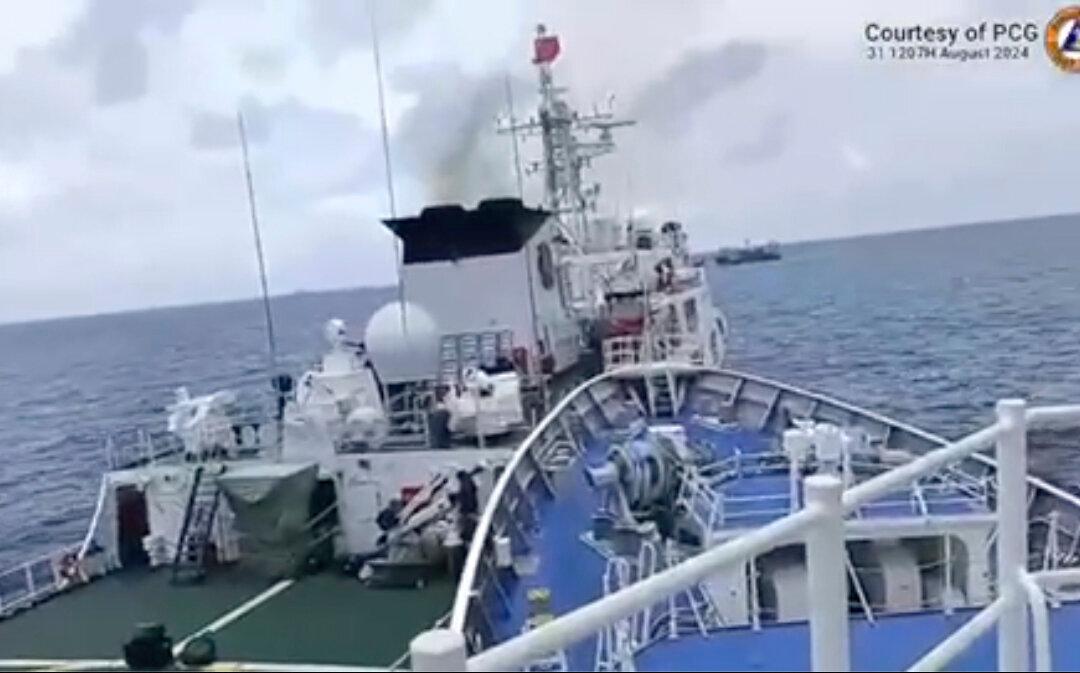Commentary
China employs lawfare by twisting interpretations of existing laws and creating its own rules to advance the Chinese Communist Party’s interests on the global stage.

China employs lawfare by twisting interpretations of existing laws and creating its own rules to advance the Chinese Communist Party’s interests on the global stage.